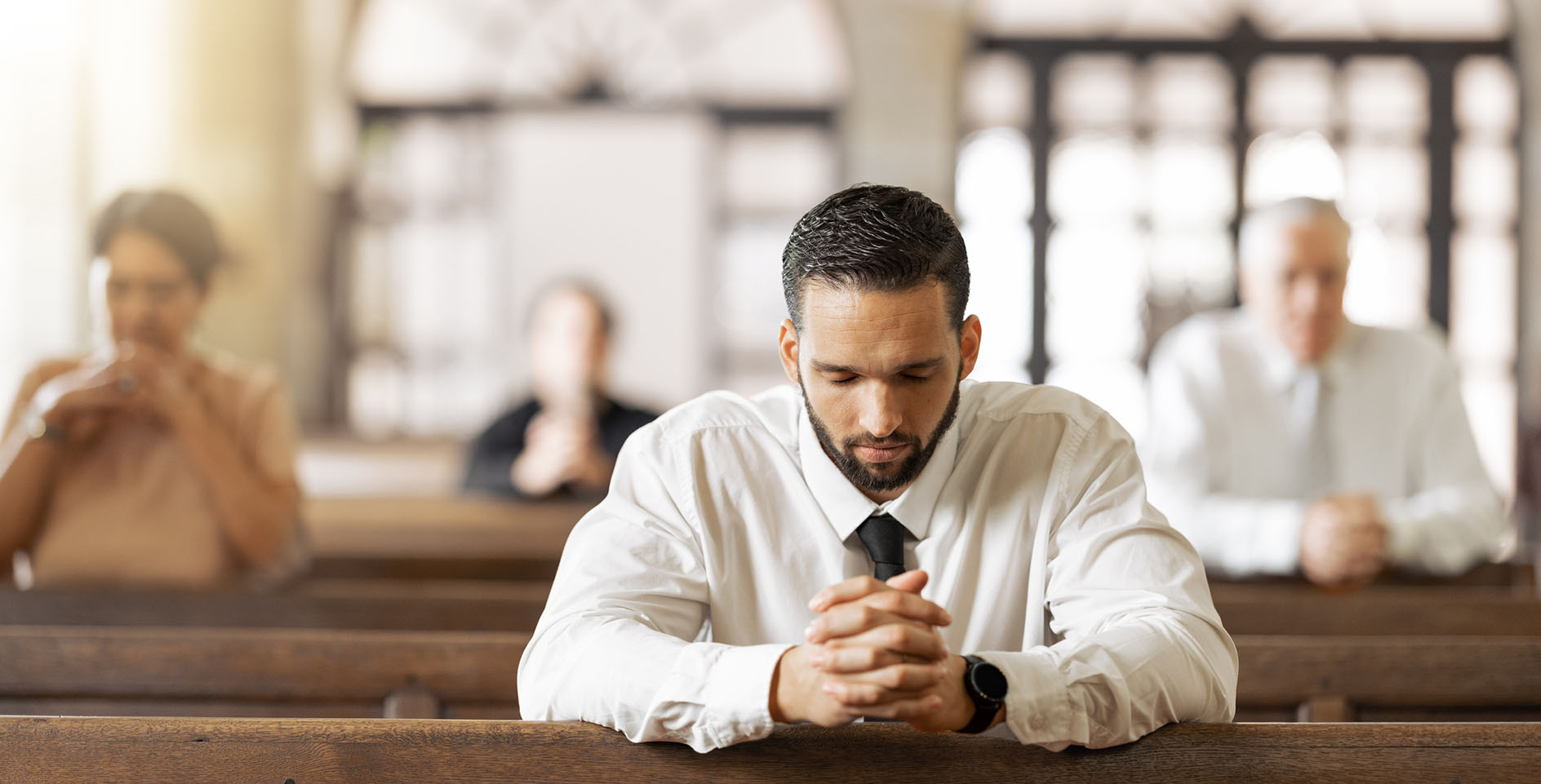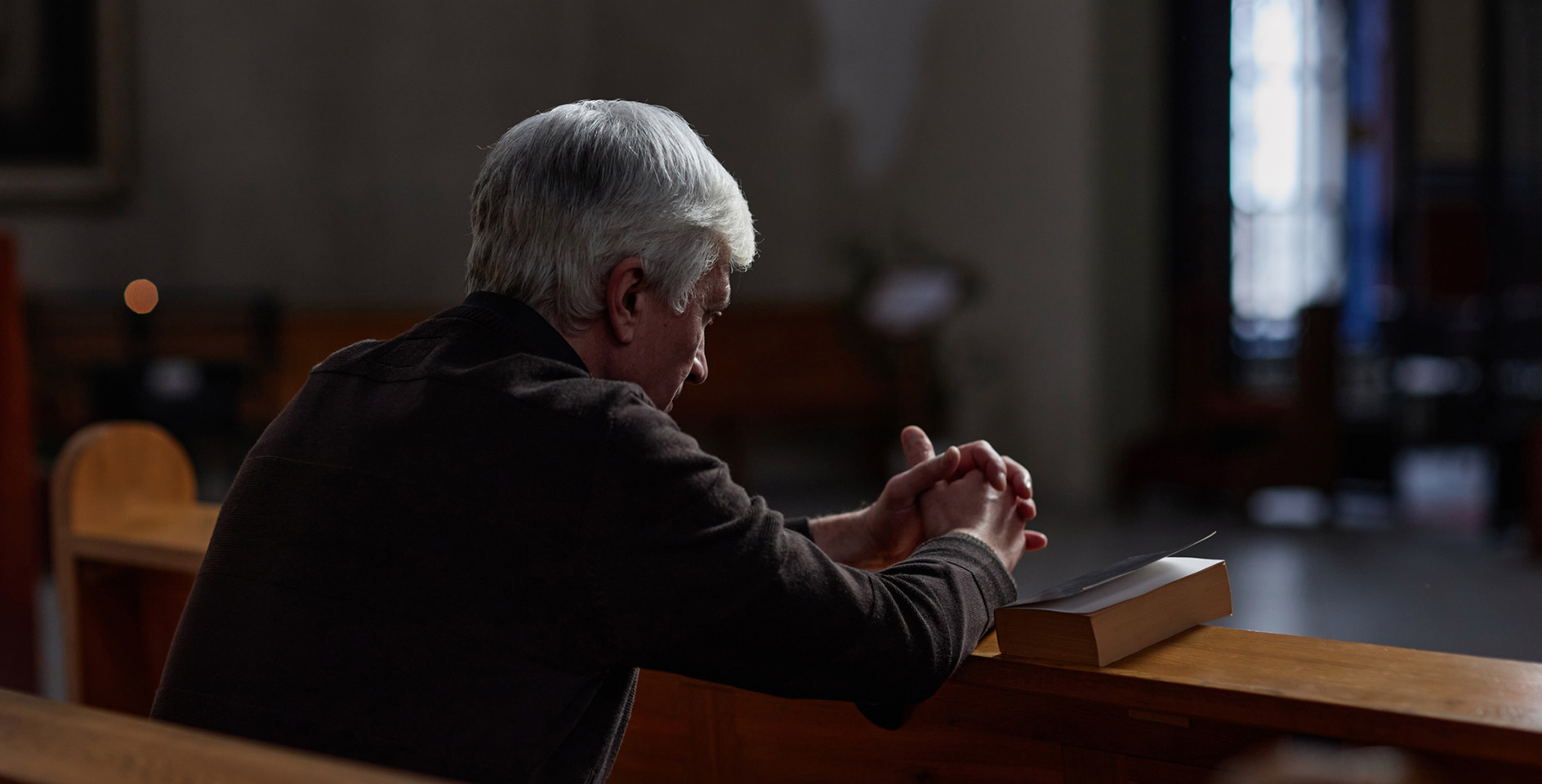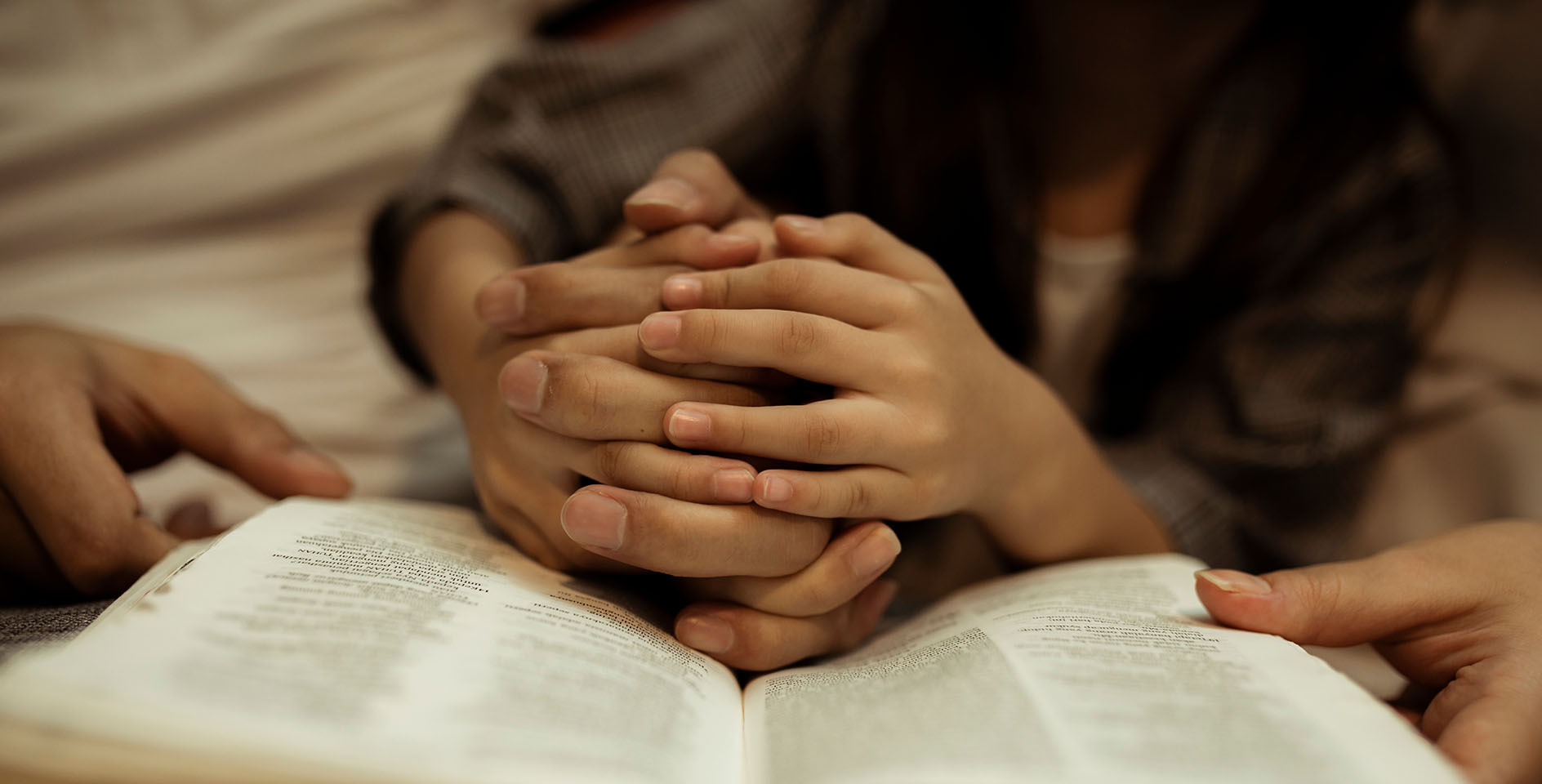The weeks between Thanksgiving and New Year are commonly associated with spikes in emotional distress. According to a 2014 survey from the National Alliance for Mental Illness, nearly two-thirds of adults with diagnosed mental health conditions said the holidays made their symptoms worse, with nearly 25% describing themselves as “a lot” worse.
What might we expect with the holidays falling in the middle of a pandemic? How can churches promote connection and provide support during the most unique Christmas season most of us have ever experienced? Here are five ways churches might support the mental health concerns of members and attendees in the days and weeks ahead.
1. Prepare to offer mental health support, especially during the two weeks after Christmas. An article in the journal Innovations in Clinical Neuroscience examined the scientific research on psychiatric symptoms associated with the Christmas holiday. While more people report feeling sad or unhappy over the holidays, reductions in mental health service utilization and decreases in self-harm, suicide attempts, and hospitalizations are observed in the weeks leading up to Christmas. But this is followed by a spike in psychiatric emergencies of as much as 40% above baseline rates shortly thereafter, when many church offices close and staff take time off.
Consider how someone from your church might access help in a crisis. If your church doesn’t have a current referral list of mental health professionals, treatment centers, and facilities for individuals or families in need, this is a great time to compile such a list. According to LifeWay Research, only 27% of churches have a plan to assist families affected by mental illness, even though the church is often the first place families turn to for help.
2. Seek to maintain as many of your church’s Christmas traditions as possible during the pandemic. While most evangelical churches don’t have lots of rituals, customs and traditions are especially important in unpredictable times, providing relief from anxiety by promoting a sense of order. Consider how your church might incorporate collective rituals in special events during the holidays. An example of a collective ritual is the tradition of everyone holding lit candles while singing “Silent Night” at Christmas Eve services. Such rituals promote connection with others engaged in the activity. Consider how families unable to attend in person because of COVID-19 might meaningfully participate in these rituals during online services.
3. Prepare regular attendees and guests for modifications to their customary church experiences. Children and adults with anxiety disorders have brains that are “hard-wired” to overestimate the risk involved with new or unfamiliar situations. A picture is truly worth a thousand words in relieving anxiety. One strategy for reducing anxiety with in-person services is to take pictures or video of the cleaning crew keeping worship spaces as safe as possible and post the images prominently on your social media platforms. Take lots of pictures during worship services in the weeks leading up to Christmas for your website, especially pages guests search for information on special holiday services.
Given that attendance at in-person worship services is running at 36% of pre-COVID levels, many people haven’t yet returned to church—especially attendees with anxiety disorders. The more your members and guests can visualize their experience at church, the easier it will be to overcome their anxiety about attending live services.
4. Consider the unique emotional needs of college students and young adults during COVID-19. Young adults represent the population most affected by mental health concerns during the pandemic. This study reported symptoms of moderate to severe depression among adults ages 18-24 during October. More than one-third described suicidal thoughts—10 times the rates observed as recently as 2013-14. Many college students will find themselves back home for two months or longer, disconnected from the support of counselors and campus ministries.
There’s never been a more important time for us as the church to share the hope of Christ with a fearful and uncertain world. And we’re most effective in doing so when we care for and support one another.
The Grace Alliance offers Redefine Grace, a 10 session, Christian-based mental health education and support group model to encouragement young adults with mental health struggles. Student and young adult ministries might consider how they can address loneliness and social isolation experienced by youth home for an extended time.
5. Finally, take steps to ensure the people of your church aren’t forgotten in this unique season. The children’s ministry team at my church is calling every family they haven’t seen since indoor worship resumed in early October. How many attendees have left your church since the onset of the pandemic without being noticed? Some may have stayed away because of medical vulnerabilities or the need to care for someone at high risk. Others may be withdrawing from church and other important life activities because of depression. Consider how the people of the church might mobilize to look after one another.
Cards, notes, phone calls, letters, e-mails, texts, and offers of prayer all represent important touch points. Encourage seniors to call one another, small groups to check in on members who live alone, Bible study leaders to reaching out to folks who have dropped off Zoom sessions, children’s ministry to make cards for the elderly, and student ministry to run errands for individuals with disabilities or medical conditions that have left them homebound during COVID-19.
If you’re a church member, consider how you might encourage and support your ministry leaders. Ministry demands upon pastors and church staff are overwhelming in a “typical” December. Factor in discouragement from lower attendance, economic concerns from diminished offerings, and disruptions in family routines, and our leaders are especially vulnerable. Take the initiative to check on others in your church and encourage others to do so to relieve some of the burdens on your pastors during this season.
We have what hurting people most need: hope! It’s a hope that comes from knowing and believing in Christ. There’s never been a more important time for us as the church to share the hope of Christ with a fearful and uncertain world. And we’re most effective in doing so when we care for and support one another.










